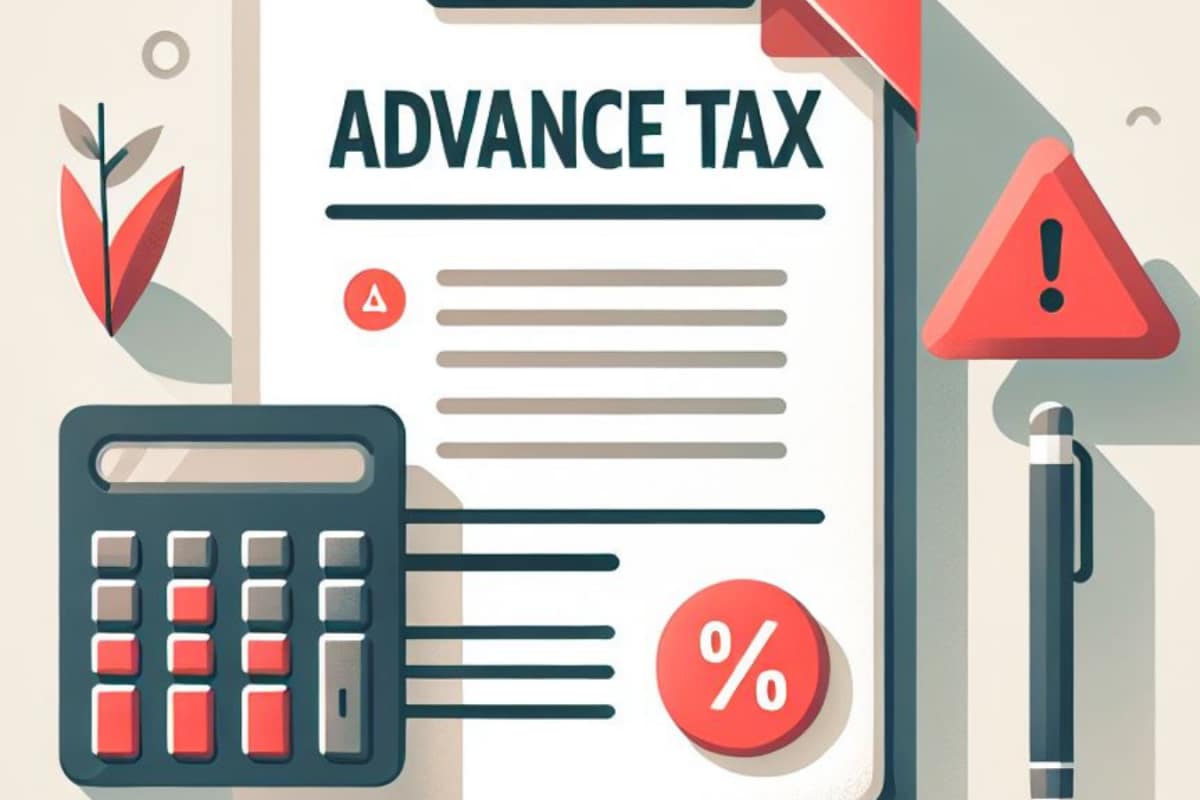

Missing the advance tax deadline for the first installment can lead to financial implications for taxpayers. Advance tax is a system where individuals and businesses pay income tax in installments throughout the financial year, instead of a lump sum at the end. It applies to those whose total tax liability, after accounting for Tax Deducted at Source (TDS) and Tax Collected at Source (TCS), exceeds ₹10,000 for the financial year. The purpose is to ensure a consistent revenue stream for the government and to ease the burden of a large tax payment for taxpayers at the end of the year.
The due dates for advance tax payments are staggered throughout the financial year. For the financial year 2025-26, the first installment, amounting to 15% of the total estimated tax, was due by June 15, 2025. However, since June 15 fell on a Sunday, taxpayers were allowed to make the payment on the next working day, June 16, 2025, without incurring penalties. The subsequent deadlines are 45% of the total tax by September 15, 75% by December 15, and 100% by March 15.
Failing to pay advance tax or missing the installment deadlines can attract interest under Sections 234B and 234C of the Income Tax Act, 1961.
Section 234C applies when taxpayers fail to pay the required percentage of advance tax by the specified due dates. A penalty of 1% per month is levied on the overdue amount for the period of delay. For instance, if a taxpayer pays less than 15% of their total tax liability by June 15, they will be charged interest at 1% per month for three months on the shortfall.
Section 234B comes into effect if a taxpayer pays less than 90% of their total tax liability as advance tax by March 31 of the financial year. In such cases, interest at 1% per month is charged on the unpaid amount until the tax is paid.
To avoid these penalties, taxpayers should estimate their income and tax liability accurately and make timely payments. Several categories of taxpayers are required to pay advance tax, including salaried individuals with additional income (such as rental income, capital gains, or interest), freelancers, business owners, companies, partnership firms, and Non-Resident Indians (NRIs) with income accruing in India. Resident senior citizens (aged 60 or above) without income from business or profession are exempt from advance tax, even if their tax liability exceeds ₹10,000.
If you have missed the first installment deadline, it's crucial to take immediate action to minimize the financial impact. Calculate the outstanding tax liability and pay it as soon as possible. While paying after the due date will still attract interest under Section 234C, delaying further will only increase the interest amount. Ensure that future installments are paid on time to avoid additional penalties. You can pay advance tax online through the e-filing portal of the Income Tax Department, using Challan 280.
Taxpayers can also request their employer to deduct additional TDS from their salary to cover the tax shortfall. This is a viable option for salaried individuals who may have underestimated their income or missed the advance tax deadlines. It is also advisable to consult a tax advisor to assess your tax obligations accurately and plan your payments accordingly.